Generic Zithromax (Azithromycin)
An antibiotic called Azithromycin tablets is used to treat different kinds of bacterial infections in both adults and children’s respiratory tracts, ears, noses, throats, skin, and eyes. Additionally, it works well against typhoid fever and certain STDs like gonorrhea.
Zithromax Information :
Uses :
An antibiotic is a tablet of Azithromycin. Numerous bacterial infections, including those of the skin (such as acne and rosacea), the respiratory system (such as pneumonia, bronchitis, tonsillitis, pharyngitis, and sinusitis), the ears, and sexually transmitted infections are treated with it. An infection caused by bacteria that grows within the body is known as a bacterial infection. It can swiftly target multiple body parts at once.
By inhibiting the synthesis of proteins that the bacteria need to survive, azithromycin tablets slow down or occasionally eradicate harmful bacteria. The azithromycin tablet is not intended to treat viral infections such as the flu or colds.
It is recommended to take azithromycin tablets orally, ideally one hour before or two hours after a meal. As directed by your physician, it should be taken on a regular basis at evenly spaced intervals. Even if you feel better, make sure you complete the entire course of treatment and don’t miss any doses. Resuming the medication too soon runs the risk of making the infection worse or returning.
Precautions & Warnings :
Inform your physician if you have an electrolyte imbalance (low potassium or magnesium level), myasthenia gravis, jaundice, or problems with your liver. Rarely, taking an azithromycin tablet can result in diarrhea. If you experience bloody or watery diarrhea, stop taking the tablet and contact your doctor. But wait to take any anti-diarrhea medication until your doctor instructs you to do so. It’s unclear if taking an azithromycin tablet while pregnant could harm the unborn child. Before using an azithromycin tablet, check with your doctor if you are nursing a baby, intend to become pregnant, or are already pregnant. If you have an allergy to azithromycin or any other macrolide antibiotic, avoid taking azithromycin tablets.
Tell your doctor if you take any medications that lower cholesterol (statins, such as lovastatin, simvastatin, etc.), treat arthritis or gout (such as colchicine), or treat an overactive bladder (such as tolterodine). It is not advised for patients with pneumonia who are deemed unsuitable for oral therapy because of risk factors or moderate to severe illness to take azithromycin tablets.
Side Effects :
The following is a brief summary of some of the mild side effects that oral Azithromycin tablets may have. Consult your physician or pharmacist, or review the prescribing information for Azithromycin oral tablet, to find out about additional mild side effects.
Azithromycin oral tablet mild side effects that have been documented include
-
Diarrhoea
-
Feeling or being sick (nausea or vomiting)
-
Stomach cramps
-
Loss of appetite
-
Bloating
-
Indigestion
- Headache
Many medications have mild side effects that usually go away in a few days or weeks. Consult your physician or pharmacist, though, if they start to cause you problems.
Interactions :
Tablets containing azithromycin may interact with medications such as domperidone, amisulpride, pimozide, ergotamine, dihydroergotamine, anti-cholesterol medications like simvastatin, tolterodine for bladder weakness, and colchicine for gout or arthritis. Serious side effects may occur if these medications are taken with an azithromycin tablet.
Patients with liver disease, myasthenia gravis, arrhythmia, low potassium or magnesium levels in the blood, and colitis (intestinal inflammation) should not take an azithromycin tablet.
Overdose :
If someone has overdosed and is experiencing severe symptoms, such as unconsciousness or difficulty breathing, call 911. If not, immediately contact a poison control center.
Missed Dose :
Try to take it at the same day every day. Do not double the dose if missed.
Storage :
Store at room temperature away from light and moisture. Do not store in the bathroom. Keep all medications away from children and pets.


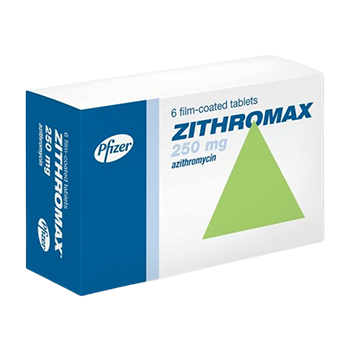
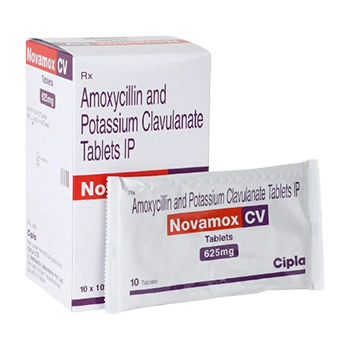
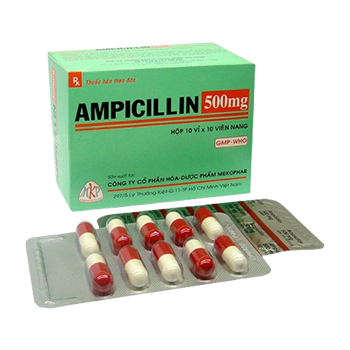
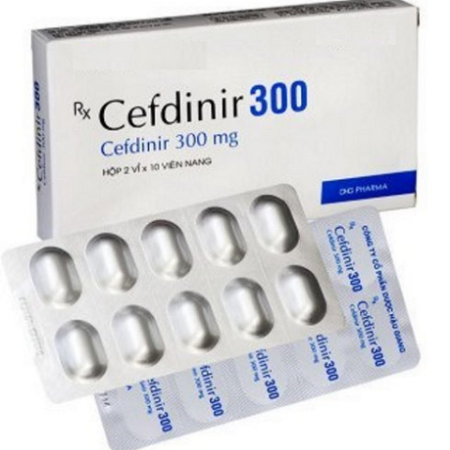
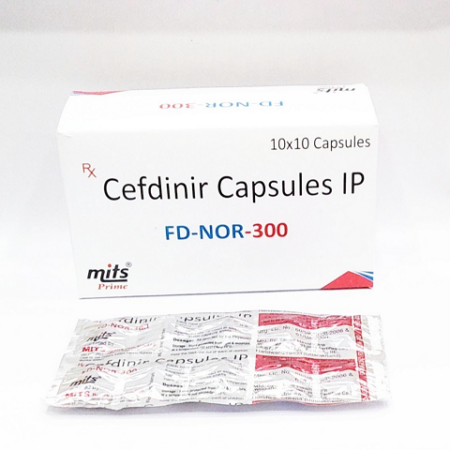
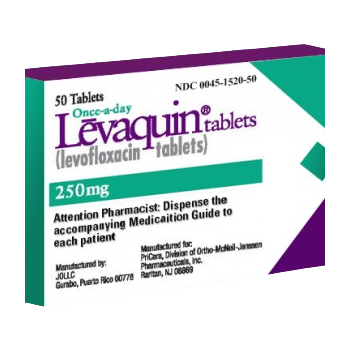
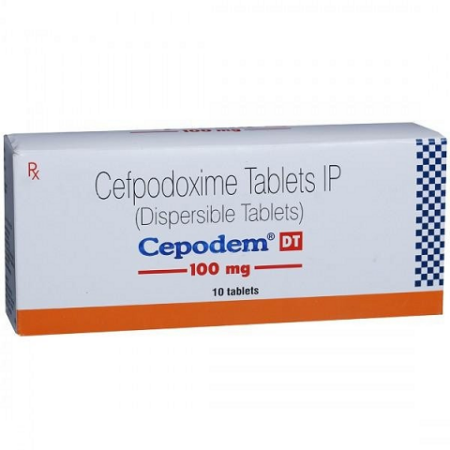
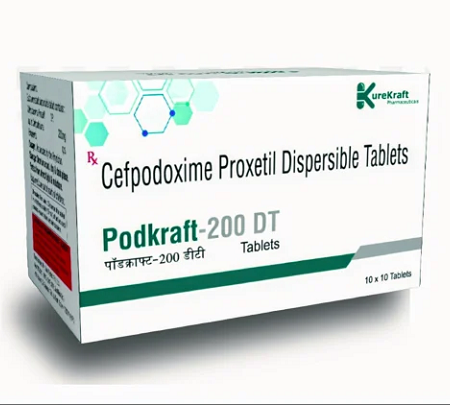
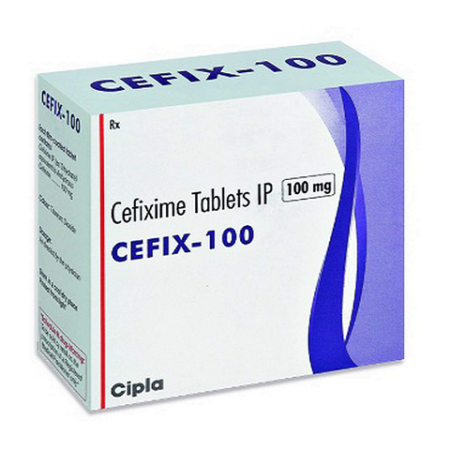
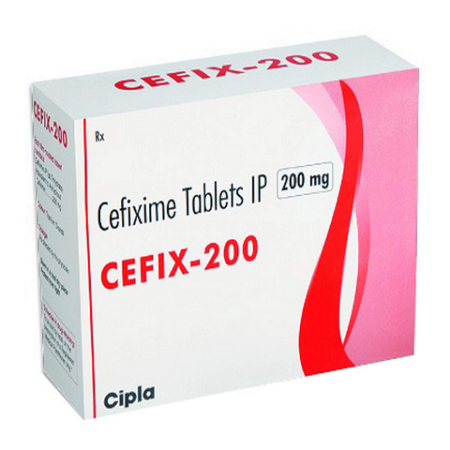
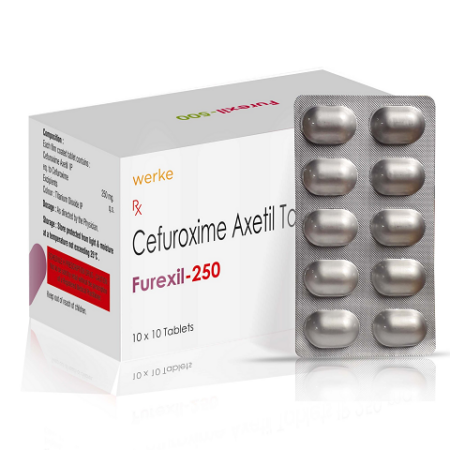





Reviews
There are no reviews yet.